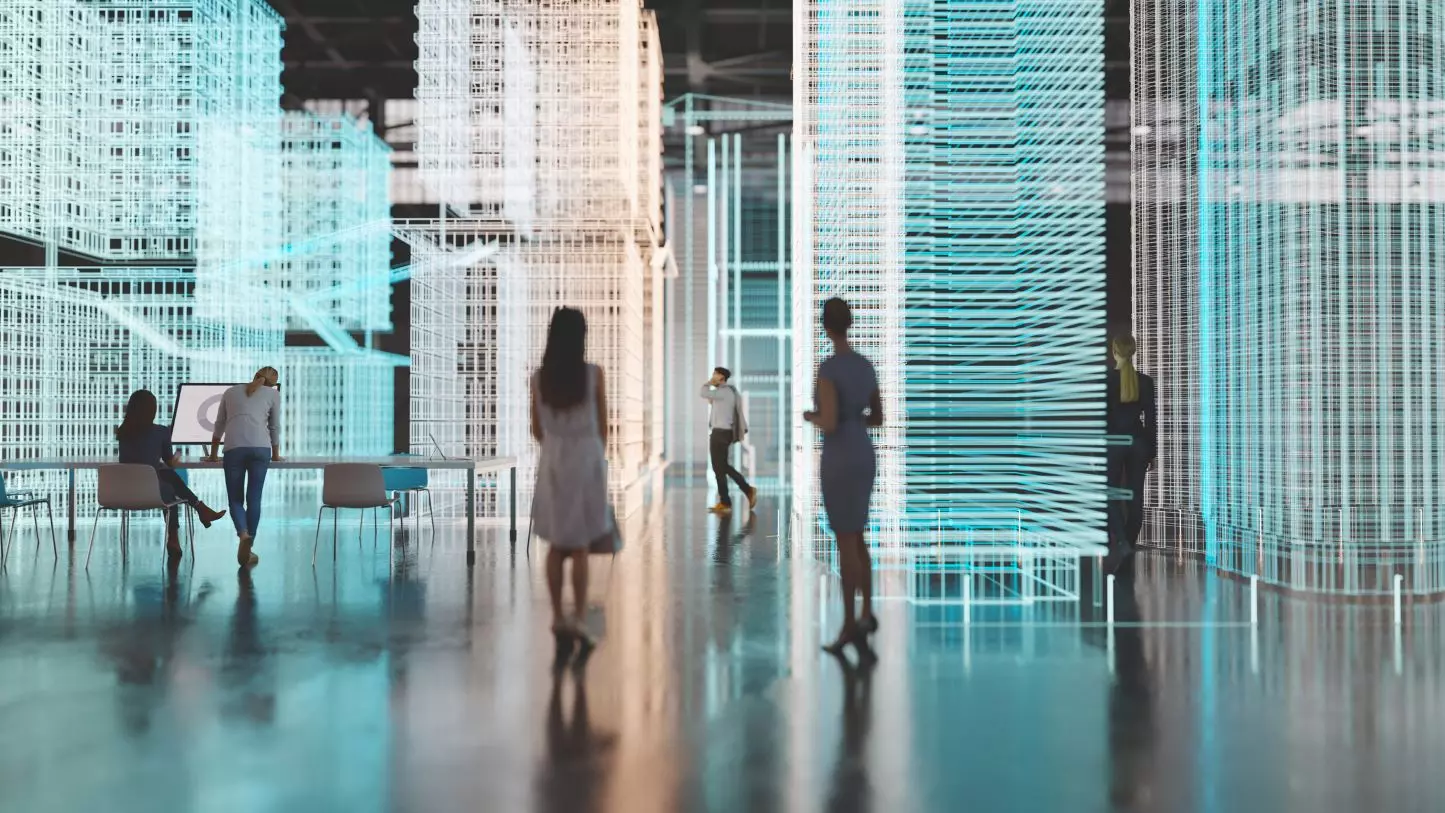They are called 'Innovation Hubs' and characterise the urban development and renewal of some large cities in Europe and worldwide. From Station F in Paris to District 22@ in Barcelona, these are increasingly ambitious projects that promise not only to redesign entire neighbourhoods, but to represent in a strong, decisive, iconic way the transition from an old to a new model of industrialisation. It is that of the 'white factories', the places where the knowledge of the digital economy, advanced research and sustainable innovation is produced. And Milan is no different.
Eighth in terms of attractiveness on the European scene, after Lisbon and Munich and before Stockholm and Dublin, of the approximately 14,000 innovative start-ups and SMEs surveyed last year by the Ministry of Economic Development, Milan alone hosts 19.2%. A record in Italy, but still an insignificant figure in international comparison. The open challenge of the Politecnico di Milano and the fabric of Lombardy's companies and institutions is to bring the system to a mature stage through the creation of an innovation district capable of catalysing ideas, talent, investors and corporations.
Hence the project to redevelop the Bovisa district, a former industrial site where the Politecnico chose to develop its campus in the 1990s. Here, next to the departments and laboratories, is PoliHub, the university's incubator (since 2000, one of the first in our country), which hosts approximately 120 start-ups. Here, the Politecnico officially launched Poli360, the Euro 60 million venture capital fund and the subsequent Tech4Planet for technology transfer investments on topics related to the circular economy and sustainability. And it is here that, following the model of the largest realities beyond the Alps, Milan is betting on the future of a new generation of entrepreneurs and the development of services and facilities that meet the highest international standards.
A vision of the future to which the university has begun to give concrete form with the project to restore the iconic architecture of the Gasometri, where new spaces dedicated to technological innovation and sport will be created. A more than Euro 100 million project, the work on which will start in the summer and which will open the doors to start-ups and large companies. Companies such as STMicroelectronics and Essilor Luxottica decided to invest in cutting-edge facilities (such as POLIfab, a microtechnology centre, and Smart Eyewear Lab, an advanced optical and Metaverse research centre). All the cards are in place to attempt a quantum leap.
A spirit that was fully grasped by the ION Foundation which, last May, donated the architectural design of the RPBW studio to the Politecnico. 'Open, green and permeable', with these exact words Renzo Piano designed and presented the Bovisa-Goccia Masterplan. A second work covering a total area of 32 hectares. This reconnects 'Goccia' to the city and the region through mobility measures that go through the implementation of the memorandum of understanding signed by the Ministry of Sustainable Infrastructures and Mobility, the Ministry of University and Research, the Lombardy Region, the City of Milan, the Milan Polytechnic, FNM and Rete Ferroviaria Italiana. All under the banner of an accessible and sustainable campus.
This new extension of the project, which aims for energy independence, zero CO₂ emissions and boasts 24 hectares of green space, includes the construction of five start-up buildings: 30,000 square metres for deep tech. To these, buildings for new classrooms and university residences are added. “The essence of this project was already written there. - commented Renzo Piano -. The idea was already there just waiting.”
An idea with three years to take shape. The target is set for 2026. An idea that defines a new way of interpreting university life and the Milan of the future in response to major urban, technological and social challenges. An inclusive idea that becomes a laboratory of innovation for the city and for young people, where to nurture the critical mass necessary to compete internationally.
